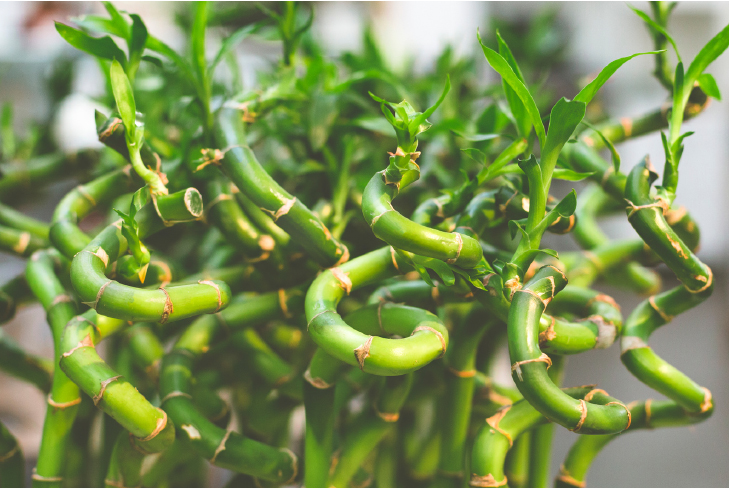What is Flourishing? 1 – To Grow or Not to Grow, that is NOT the question!
Hello, I’m Simon and this is my first blog for the Northumbrian Collective. Hopefully you will get to know me over time, so I don’t need to explain too much right here at the start, but I do need to tell you a couple of things: I love puzzles and I studied philosophy and theology at university.
That’s probably why I enjoy the kinds of thought experiments that philosophers use to get under the skin of difficult issues. I still remember my first ever Philosophy of Religion lecture (if there are any philosophy nerds out there, it was Richard Swinburne). The lecturer asked what seemed to be a simple question: can God make a stone that God can’t lift? Yes or no, there’s something God can’t do. I still remember that moment because I remember the sensation of my brain melting.
Here’s another one: when you see a friend for the first time in a while, how do you know it’s them? Like me, you’ll be tempted to say, ‘Because they’re the same as they were when I last saw them.’ Yet no living organism stays the same; it either grows or decays. Breathe in, and oxygen enters your bloodstream, reacting with food and your body and changing you; breathe out, and parts of you leave you forever. Stop breathing, and you still won’t stop changing. Sometimes we meet someone and say to ourselves, ‘They don’t seem like the same person,’ even though they look similar. A philosophically accurate answer is a bit harder than the obvious one, because it must include constant change.
What a funny way to start a blog series on human flourishing! Why have I done that? The short answer is, because I have found that many people talk about growth and change as if it’s an optional extra, or perhaps something that happens to you after a crisis in your life. This view feels quite natural. Many of us feel that we are still the same person as we were many years ago, but if we were to take the time to really notice how we react to things, we would realise that like our bodies, while there is continuity, our minds and personalities are also changing.
There are versions of Christianity that treat us as ‘things’ – you are ‘saved’ or ‘unsaved’, for example. What is interesting is that the New Testament is full of dynamic metaphors that describe movement and change, and the apostle Paul says what he wants more than anything is for his community to become mature, a final destination of a long journey of growth. We’ll come back to what Paul means by that in a later post, but the key is that maturing is what Paul is expecting for everyone. That’s why when I chat to someone who is a follower of Jesus I might eventually ask them a couple of questions: when did you become a Christian, and how are you becoming a Christian today?
Of course, there are many, many people who don’t think about their own growth at all. That doesn’t mean that they’re not changing, though. It just means that the forces and influences that impact on them are completely unknown. Hopefully, a person has good influences, but the reality is that the mental and spiritual environment we inhabit has all sorts of toxins floating about in it. A plant can be made to grow in a spiral by changing the direction of the light: in the same way we can be made to grow according the desires of others without knowing who or what is directing us.
This series is an invitation to raise our awareness of our growth and, together with God, to take more agency in who we are becoming. In the next post, I will try to outline a little bit what the New Testament says about becoming. I look forward to sharing Jesus’s and Paul’s wisdom with you.


